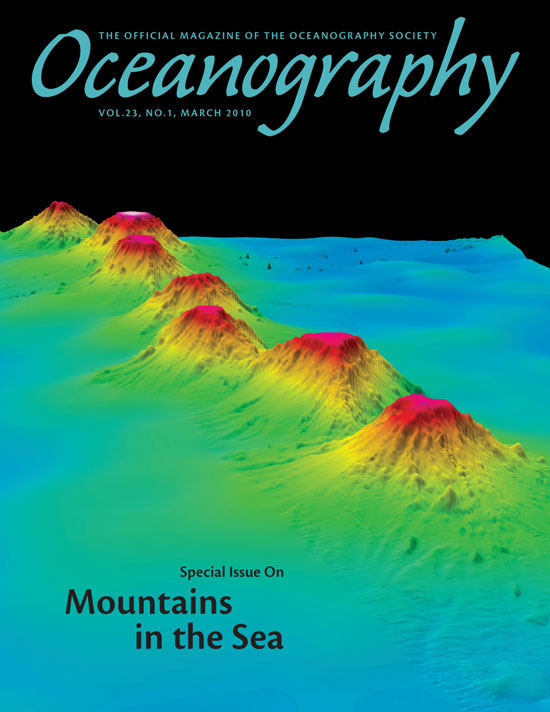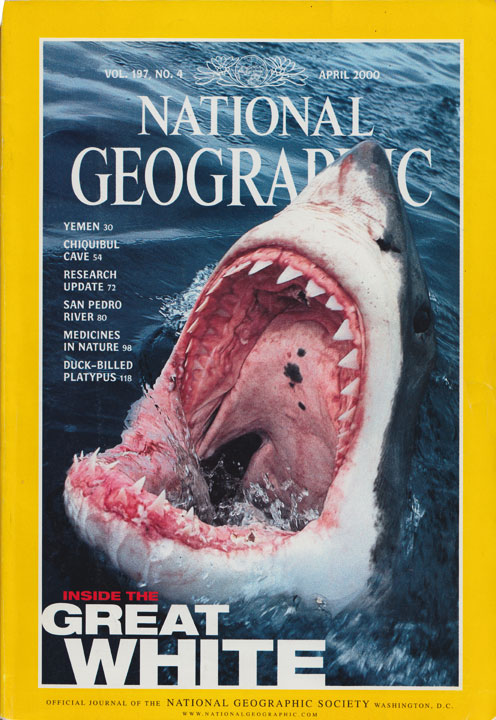Peer reviewed articles


What's the difference between these 2 journals?
Oceanography is peer-reviewed, whereas National Geographic is a popular-press title.
Peer review is scientists' and other scholars' best effort to publish accurate information. Each article has been submitted by a researcher, and then reviewed by other scholars in the same field to ensure that it is sound science. What they are looking for is that:
- The methodology has been fully described (and the study can thus be replicated by another researcher)
- There are no obvious errors of calculation or statistical analysis
- The findings support the conclusions. That is, do the results of the research support what the researcher has said about them?
- It isn't a perfect system: Scientists make errors (or commit fraud) as often as any other human being and sometimes bad articles slip through. But in general, peer-review ensures that several trained eyes have seen an article before it appears in print.
Peer-reviewed journals are generally considered "primary source" material: When a new scientific discovery is made, a peer-reviewed journal is often--but not always--the first place it appears.
Popular and trade publications are not peer-reviewed, they are simply edited. That does not mean they are any less potentially truthful or informative--most popular and trade publications take pride in careful fact-checking.* But when the topic is scientific research, the information is generally "secondary": It has already appeared elsewhere (usually in a peer-reviewed journal) and has now been "digested" for a broader audience.
If you want to verify that a journal is peer-reviewed, check Ulrich's Periodical Directory.
Some sources of peer-reviewed articles:
-
Cornell University Library homepageIn particular, check the Articles & Full-Text and then choose "Limit to articles from scholarly publications, including peer-review" at the top-left.
-
Google ScholarGoogle Scholar takes Google's PageRank algorithm and runs it on a pre-selected set of tables-of-contents and metadata from a preselected set of scholarly journals and papers. These are largely--though not entirely--peer-reviewed. It is a much better option than a regular Google search for scholarly information.
-
Engineering Village 2Journal articles and conference proceedings covering engineering. Includes many links to full-text articles.
-
ScopusScopus is the largest abstract and citation database of peer-reviewed literature: scientific journals, books and conference proceedings.